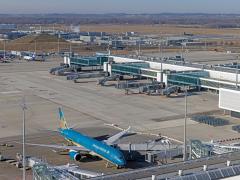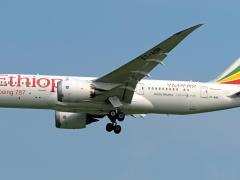Southern Africa’s struggling national carriers are increasingly turning to foreign aviation consultants to assist with restructuring efforts in recent months. However, experts say this costly option often fails to deliver sustainable results.
African airlines that have sought external advisory services include Air Botswana, Air Zimbabwe, LAM Mozambique Airlines, Air Mauritius and Madagascar Airlines.
These advisories or restructuring plans often focus on restoring viability through measures like staff reductions, cost cutting, improvement in efficiencies and sometimes revision of network and fleet in order to better match capacity to demand, explains Joachim Vermooten, aviation economist and chartered accountant.
“However, many times such entities will continue with the same practices that landed it in financial difficulties, hoping that a different outcome will materialise. This is especially the case where the persons responsible for implementation were not involved in nor fully committed to the development of the restructuring plan,” said Vermooten.
Many of the region’s national carriers are fully or partially state-owned, with boards and executive leadership often filled through political appointments. According to Vermooten, these appointees sometimes offer limited applicable industry experience.
Sean Mendis, aviation consultant, explains that this commonly causes challenges with the long-term implementation of the restructuring plans.
“Often there is a lack of intent (internally) to actually implement tough solutions, which means that nothing gets solved and the consultant gets paid anyway,” said Mendis.
A successful strategy
According to Vermooten, the best restructuring results are achieved when the implementation is carried out by a combination of external advisers and internal senior staff to provide the required authority.
He explained that African airlines needed to moderate their growth expectations in line with their actual scope of activities and make strategic investments with the African aviation environment and economies of scale in mind.
“And a key element is to upscale relevant staff’s knowledge on the drivers for attaining profitability,” said Vermooten.













